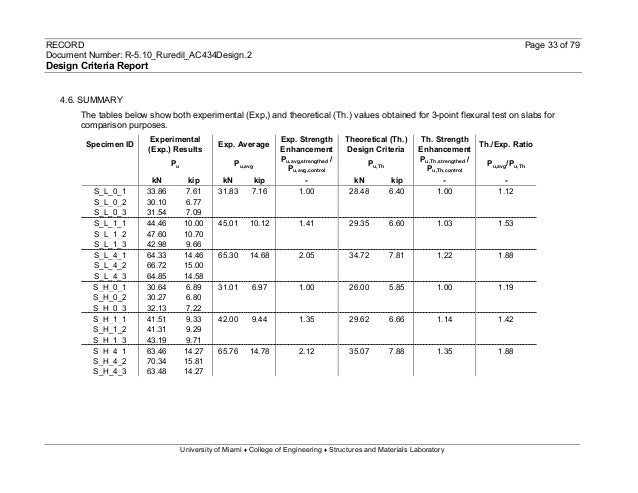b. Joan picks a random counter out of a bag 7 times. What is the experimental a. What is the theoretical probability of pickinga yellow counter in simplest form? Sean is doing an experiment to see how many tails Trial 1 4 6 Heads Tails Tails b. What is the experimental (in simplest form) a. What is the theoretical How many times would he expect to get the color red if he did 30 spins? 18 times 60 times He gets the color red 6 times. What is the experimental probability of getting blue? Green Yellow Blue Diana completes an experiment of spinning athree-colored spinner 15 times. She expected to get aprobability of 1/3 for each color, but her numberswere really off. She got 0% probability for red, 60% for green, and 40% for blue. How could she get her experimental probability closer to her theoretical probability? She could spin a different spinner. She needs to spin fewer times. the theoretical probability is always less than the experimental probability the more times the cube is rolled, the closer the experimental probability gets to the theoretical probability the theoretical probability is always greater than the experimental probability. Which of the following statements is TRUE? When rolling a number cube... Mr. Whatley rolled a fair number cube 50 times. The number 4 came up 10 times. Calculate the theoretical& experimentalprobabilities of rolling a 4 in simplest form. Anthony is going to spin the 6-sectioned spinner below to see if he really will get the colorYellow 1/6 of the time. How many times should he spin the spinner for the outcome of his experiment to best match his theory? 6 spins 1 spin |




4.1 Experimental And Theoretical Probabilitymr. Mac's Page Key
- This is a one to two day set of lessons, which includes the following: 1. Interactive note page defining probability, experimental probability and theoretical probability. Two activities. and two worksheets that allow students to discover and practice calculating both types of probability 3.
- Experimental versus theoretical probability simulation If you're seeing this message, it means we're having trouble loading external resources on our website. If you're behind a web filter, please make sure that the domains.kastatic.org and.kasandbox.org are unblocked.
4.1 Experimental And Theoretical Probabilitymr. Mac's Page Examples
Experimental vs. Theoretical Probability – DAY 1 Experiment/Notes If you flip a coin, what is the probability that it lands on heads?? In your own words, what is probability?? If I flip a coin 10 times, 5 times it should land on heads and 5 times it should land on tails, correct?? Let’s do an experiment.

